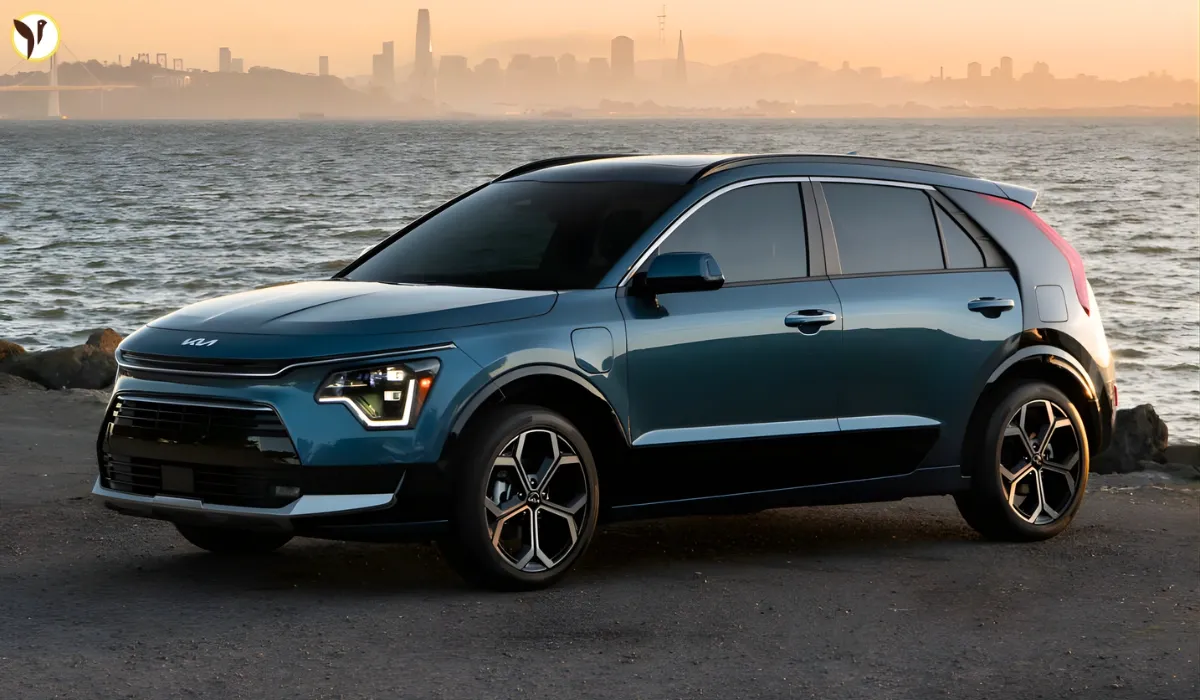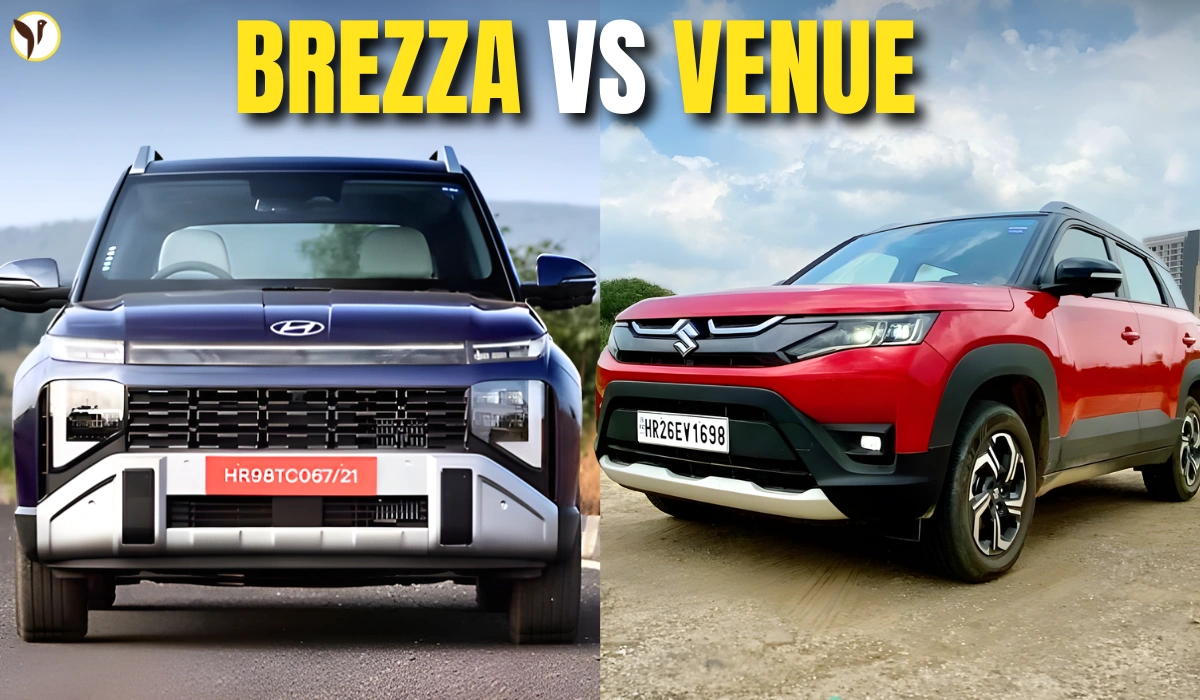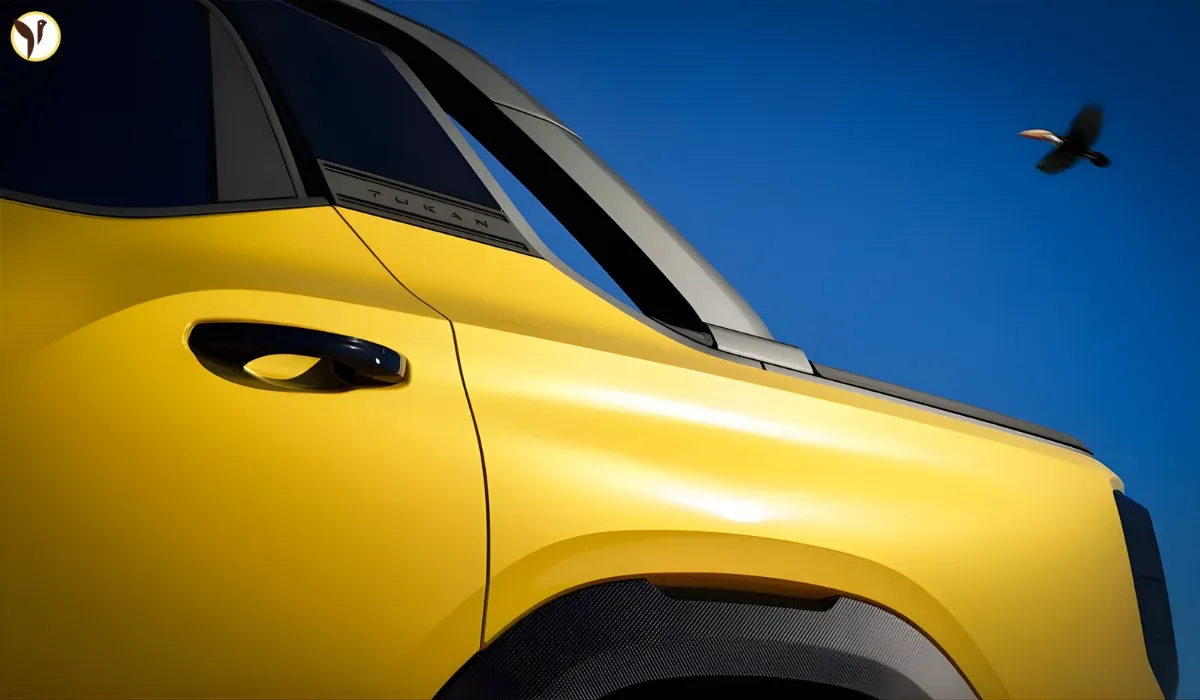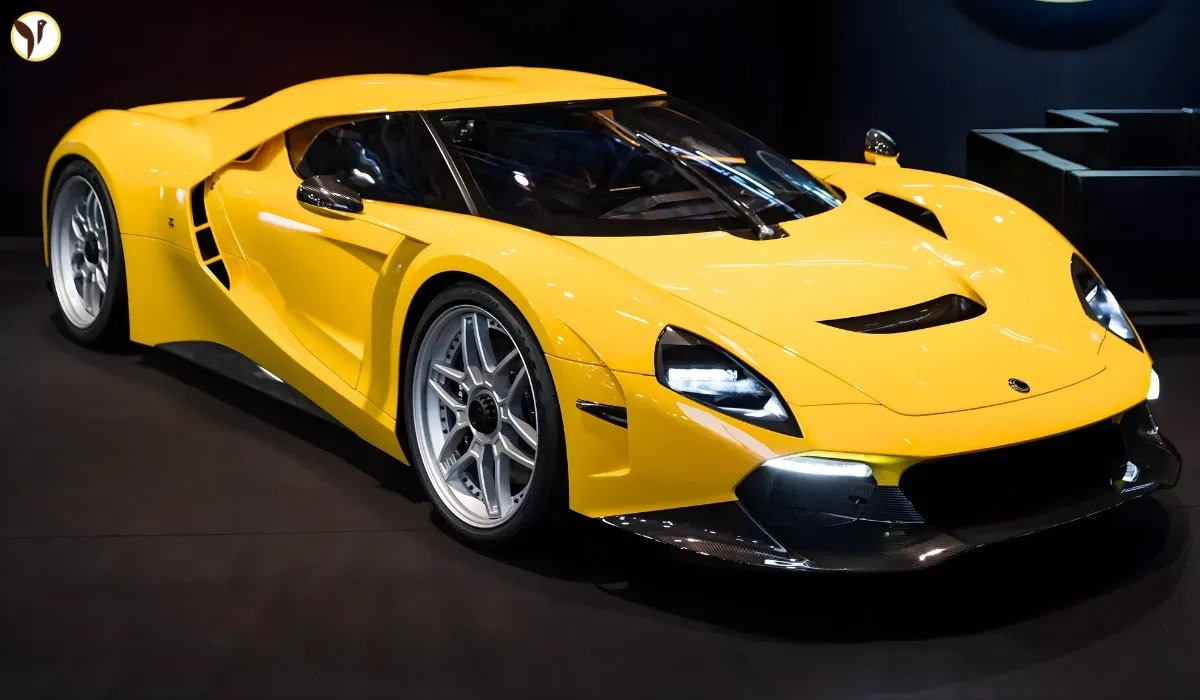What if your commute in the morning involved a flying car or a silent supersonic jet? It may sound like something out of a science fiction movie, but President Trump just propelled that reality forward with new executive orders concerning air mobility. On June 11, 2025, the White House formally approved procedures towards developing policies that advance drones, flying cars, and next generation aircraft throughout the United States. Here is what it means for ordinary Americans—and what may be zooming overhead in the near future.
Drones Will Get More Freedom—and More Regulations
Drones are used now for package deliveries and filming wedding videos, but they are about to be used for more. The President’s new rules allow drones to fly further than the operator's eye site and that allows for new life saving missions such as in disaster operations and delivering cargo or even medical supplies to more rural areas.
There are more rules though and the government is tightening them down to limit abuse by outlaw drone pilots. For example, the government is going to limit drone use around sensitive area, major public events or large populations. Expect heavier fines for drone jamming, unauthorized flights into secured spaces or accidentally injuring or killing someone. They are also strongly pushing to move away from foreign made drones used in federal contracts and rely on US drone technology.
Why does this matter to you?
- Your orders might be delivered faster (even to remote towns).
- Concerts, stadiums and national sites are safer as airspace will be more controlled.
- More jobs will be available as manufacturing of US based drones ramps up!

Flying Cars Could Actually Take Off
Yes, flying cars – or eVTOLs (electric vertical takeoff and landing vehicles) – are now on the government's radar. Trump signed an executive order to create a national FAA pilot program to experiment with flying cars in five locations, testing air taxis, cargo runs, emergency medical uses, and even defense capabilities.
The key will be to create the ability to unite regions, companies, and use-cases in one testing pipeline. If successful, we could book an air-taxi as easily as we book an Uber in the next few years. The FAA will now choose its cities and partners to begin test flights by the end of 2025.
Here's what it means for your future:
1. You could avoid that traffic jam by flying to work (for real).
2. Emergency services could be faster to respond at critical times.
3. More innovation = more tech jobs in your city.
Supersonic Flights Are Back - But Quieter
What a time to be alive, huh? Remember the Concorde? Supersonic jets felt like the future once upon a time, before they sort of just died out in the late 70s early 80s otherwise known as the sordid era of noise complaints and government regulations. Trump’s new presidential order is changing that. Trump’s executive order rescinded the prohibition of flying faster than sound over land adopted by federal law in 1973. It is not an outright ban anymore, because the FAA will eventually develop regulations which will be based on noise.
Now, we will have "quiet boom" planes, jets that will be able to fly across the country in a few hours (in some cases barely into the UP of Michigan) without waking your kids and trashing your windows. Boom Supersonic and Lockheed Martin are creating some very cool tech that will fit this shape of air transportation and change how we travel by air. So yes, we are seeing a return of ultra-fast travel, just not as loud.
What are the new benefits:
- You get to fly from NYC to LA in 3.5 hours instead of 6.
- Bye bye long haul fatigue (and jet lag).
- Quieter flying planes = happier neighbours below.

Why It Matters for America
We are not just talking about sweet technology, we're also talking about aerospace innovation leadership - for the U.S. These orders are about maintaining U.S. advantage in air technology, U.S.-based high paying jobs, and reduced reliance on foreign drone makers. It's also about the preparation needed for global events such as the Olympics and World Cup where airspace has to be secure.
Whether you are a tech fan, commuting in an urban environment, or simply someone with a grandiose vision, America is about to look at the sky and see something very different in the air.
Big picture takeaways:
- A giant step forward for U.S. tech and defense.
- Potential to change how we travel, work, and access emergency services.
- Increased safety in the air and new enforcement regulations to support modern technology.
Trump’s Drone, Flying Car & Supersonic Order Specs
|
|
|
|
|
|
|
|
|
|
|
|
|
|
|
|
|
|
|
|
|
|
|
|
|
|
|
Conclusion
President Trump's recent executive orders could quite literally change the way America flies. The orders allow flying cars, next-gen drones, and supersonic jets happen to fly again. This puts the United States first in air mobility innovation. Beyond technology, it's about safer cities, commuting, emergency services, and giving America a leap into the future.
For average Americans, it could be skipping traffic with an air taxi or getting packages delivered in minutes. For the country as a whole, it’s a way to become a leader in commerce and national security in the skies. One thing is for certain: America’s airspace just got a lot more interesting.
Source(Image / Thumbnail): carscoops









